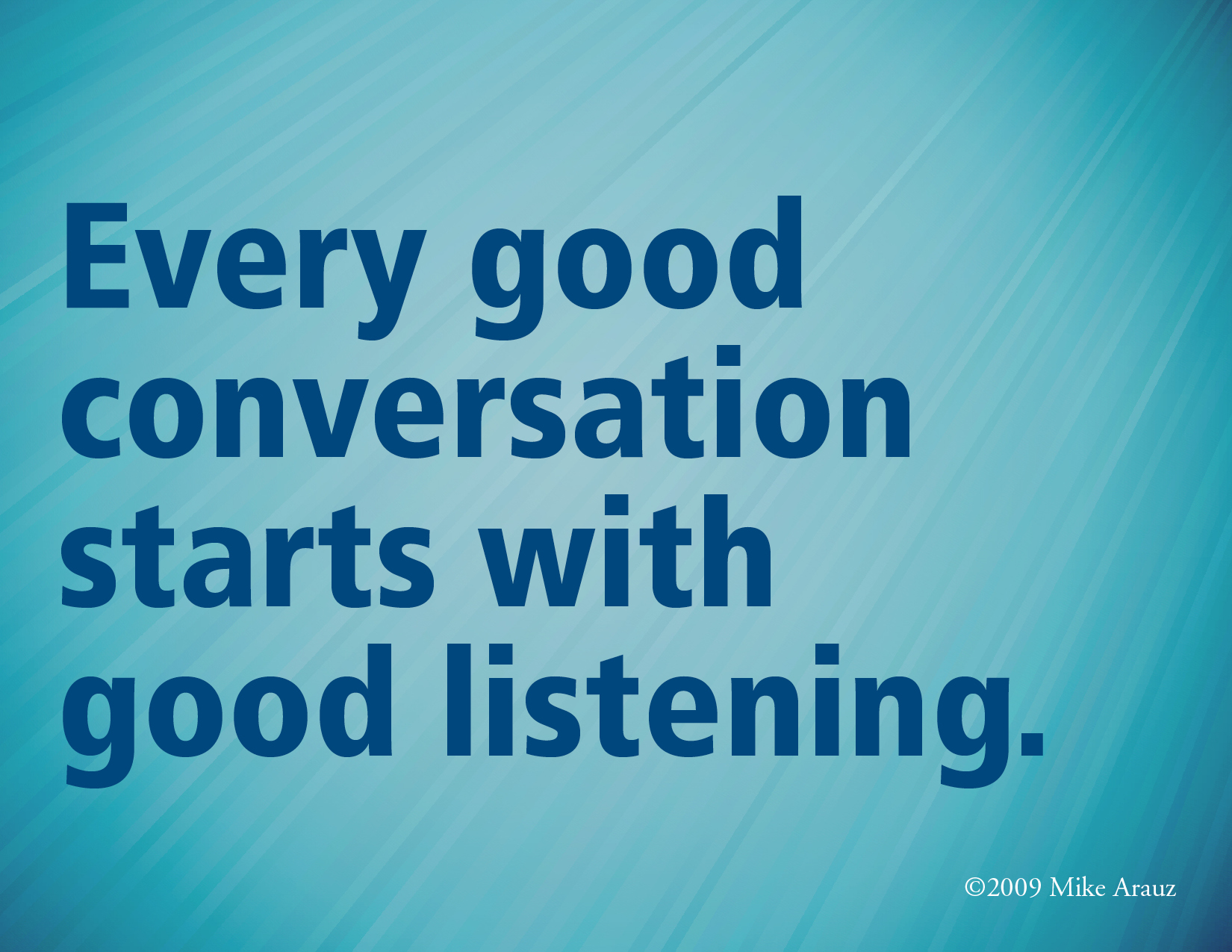Sometimes coincidence is just too vague a term to describe a series of seemingly unrelated events which take you in a certain direction. However, for lack of a better term, I’d say it is coincidence that made me want to read more about different approaches to teaching listening skills.
Coincidences
Some time ago, Marc Jones wrote on his blog the results of a research he conducted, which clearly showed how language teachers neglect listening skills in general, and bottom-up listening in particular. The article struck a chord with me, since I had always been one of those teachers myself, until something happened that made me question my practice.
For ease of discussion, I’ll report here what I wrote on Marc’s blog out of frustration at my inability to help a learner with the listening difficulties:
A 1-to-1 student at pre-intermediate level that has been studying with me for more than a year has recently complained that she’s made a lot of progress so far, but that listening is the hardest part for her. So much so that she often switches off when we are doing some listening activity, and complains that she didn’t understand anything.
Consequences
In the discussion that followed, Marc suggested the book Listening in the Language Classroom by John Field as an eye-opening read for him. So I promptly worked to get my copy of the book.*
I am still reading it, but I already feel that a lot of the criticism of the so-called comprehension approach that is put forward in the book resonates with my own experience with the learner I described in Marc’s blog.
I am starting to believe that what I do in class is not really helping my students learn the skills of listening, as I am mainly working on the assumption that “learners’ listening skills improve if they are exposed over time to a large number of spoken texts in the target language” (Field, page 79). But what if they do not understand? How can I help them go from a “blur of sounds” to understanding?
I definitely need to give listening a more predominant role in my lessons, and to start adopting what Field calls a process approach to listening. I should constantly ask myself whether what I am doing is actually helping learners to become better at listening, or is merely testing their pre-existing abilities.
I might even try out some new ideas and then report back on this blog what worked and what didn’t.
How do you teach listening skills? How do you deal with learners who find this skill particularly challenging? What do you do when they “switch off”, and seem unable to understand even the simplest things?
I would really appreciate it if you would share your ideas, experiences and opinions in the comments below. It is always so useful to read your input and see things from a different perspective. Thank you!
*By the way, I will be sitting a Delta module 1 exam in a few days, and I can not believe this book was nowhere on our reading list. The only book on listening we had to read was an old (and frankly quite dry) book by Penny Ur, which says a lot about the state of this skill in ELT training courses.
